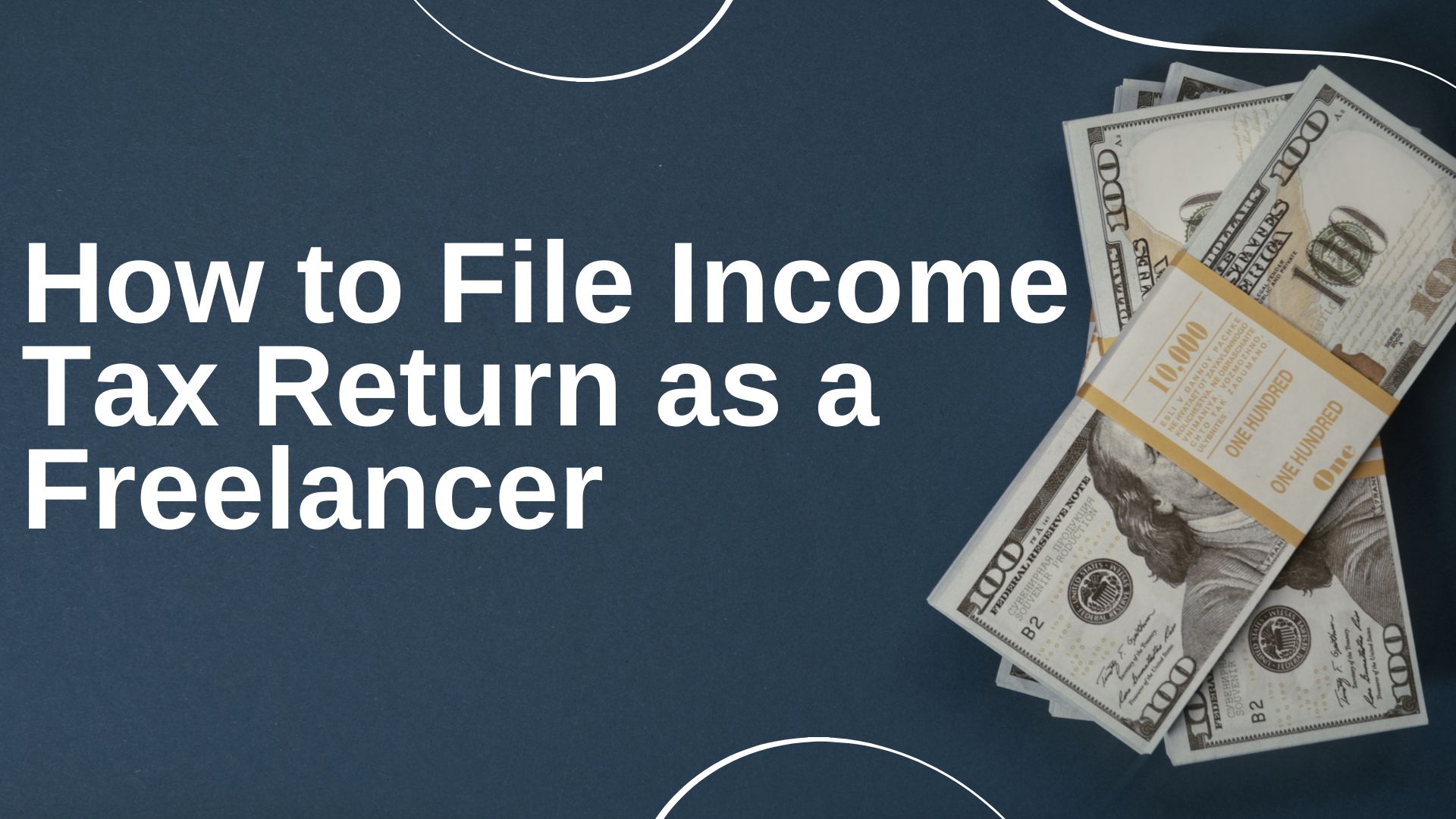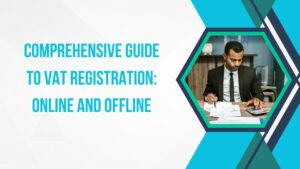How to File Income Tax Return as a Freelancer
India is the second fastest-growing freelance market globally. Freelancing has become more rewarding, thanks to favorable tax rules and savings opportunities for freelancers in India.
Like any other earning individual, freelancers must pay taxes and file income tax returns under the Income Tax Act. However, the process of filing returns for freelancers differs slightly from that of salaried individuals.
This article explores the tax rules for freelancers, the process of filing freelance income tax returns, and tips for saving on taxes.
What is Freelancing as per Income Tax Rules?
In India, income earned by using manual or intellectual skills is treated as “profits and gains from business and profession” under Income Tax Laws. Freelancing is considered a type of business or profession for tax purposes.
Professions such as blog consultants, software developers, content writers, web designers, tutors, and fashion designers are examples of freelancers. Filing income tax for freelancers can be a bit complex due to earnings from multiple sources.
Tax and ITR Filing Rules for Freelancers
Freelancers in India are required to comply with Income Tax and GST laws. If their annual turnover exceeds ₹20 lakhs (₹10 lakhs for North Eastern and Hill states), they must register for GST. The standard GST rate for most services is 18%, but it can vary based on the type of goods or services provided.
Freelancers also need to pay income tax according to applicable rates. Below are the income tax slabs under the New Tax Regime for individuals below 60 years of age:
The income tax slabs under the Old Tax Regime are listed below:
Freelancers can choose their tax regime to claim deductions. Those opting for the Presumptive Taxation Scheme under Section 44ADA of the Income Tax Act, 1961, can pay tax on only 50% of their gross annual income if it is below Rs. 50 lakhs.
If the gross annual income exceeds Rs. 1 crore, a tax audit is mandatory.
When freelancers pay professionals more than Rs. 30,000 in a financial year, TDS at 10% must be deducted. Freelancers using the Presumptive Taxation Scheme can file their returns using the ITR-4 form, while those not using the scheme can file with the ITR-3 form for business or professional income.
Simplified Guide to Income Tax Filing for Freelancers in India
Here are the easy steps for freelancers to file their income tax:
- Choose the Correct ITR Form:
- ITR-3: For individuals and HUFs earning from a proprietary business or profession.
- ITR-4 (Sugam): For individuals, HUFs, and firms (except LLPs) using the presumptive income scheme under Section 44ADA.
- Prepare the Required Documents:
- Bank Statements
- Form 16A
- Books of Accounts
- Invoices
- Investment Proofs
- GST Returns
- Calculate Your Total Income.
- Apply for Presumptive Taxation (if eligible):
Opt for this scheme under Section 44ADA if your gross receipts are up to ₹50 lakh. - Register on the Income Tax e-Filing Portal.
- Login and Select the Relevant ITR Form.
- Upload Your Filled ITR Form.
- Verify Your ITR Submission.
Here are some exemptions and deductions you can apply for while filing ITR as a freelancer.
TDS for Freelancers in India
Tax Deducted at Source (TDS) is a system where tax is collected directly from the income at the time it is earned. Freelancers in India need to pay TDS in certain situations.
Here are the relevant sections for TDS deduction:
- Section 194J: This applies to payments for professional services, technical services, royalties, and non-compete fees, with TDS deducted at 10%.
- Section 194H: This applies to commissions or brokerage, with TDS deducted at 5%.
- Section 194C: This applies to contract payments, including work-related contracts, with TDS deducted at 1% for individuals and HUFs, and 2% for others.
Advance Tax for Freelancers
Freelancers who owe more than ₹10,000 in taxes annually need to pay advance tax. This includes freelancing income as well as any other income like interest or rent.
The advance tax is paid in four instalments during the year:
- 1st Instalment: By June 15 – 15% of the estimated tax liability
- 2nd Instalment: By September 15 – 45% of the estimated tax liability (including the first instalment)
- 3rd Instalment: By December 15 – 75% of the estimated tax liability (including previous payments)
- 4th Instalment: By March 15 – 100% of the estimated tax liability
How to Calculate Advance Tax:
- Estimate Total Income: Add up all income from freelancing and other sources for the year.
- Estimate Taxable Income: Subtract allowed expenses and deductions from total income to get taxable income.
- Calculate Tax Liability: Determine the tax based on applicable tax slabs.
- Adjust for TDS: Subtract any TDS already deducted from your payments.
- Pay in Instalments: Divide your remaining tax liability as per the due dates.
Understanding tax rules and the benefits of presumptive tax schemes can help freelancers reduce their tax liability and file their income tax returns more easily.
Need Help?
FAQs
Can salaried individuals who do freelancing in their free time benefit from the Presumptive Taxation Scheme?
Yes. You need to pay income tax on both your salary and freelance income. Salary income is taxed in the usual way, and the Presumptive Taxation Scheme applies only to freelance income.
How do I calculate aggregate turnover for GST registration?
To calculate aggregate turnover for GST, add up the taxable sales, exempt sales, export of goods and services, and interstate supplies made by your business.
Do freelancers need Form 16 when filing their Income Tax Return?
Form 16 is issued by an employer to help salaried individuals file their tax returns. Freelancers, who earn income from various sources and are taxed under ‘business and profession,’ can use Form 26AS to compute their taxes and do not need Form 16.
Can freelancers claim the Rs. 50,000 standard deduction like salaried individuals?
No, freelancers cannot claim the Rs. 50,000 standard deduction. This deduction is only available to salaried individuals.
Table of Contents
Toggle



